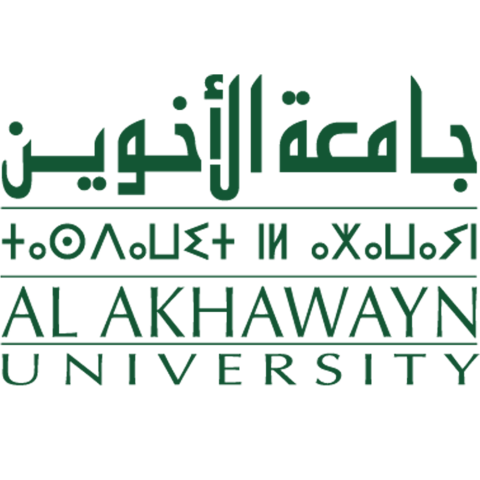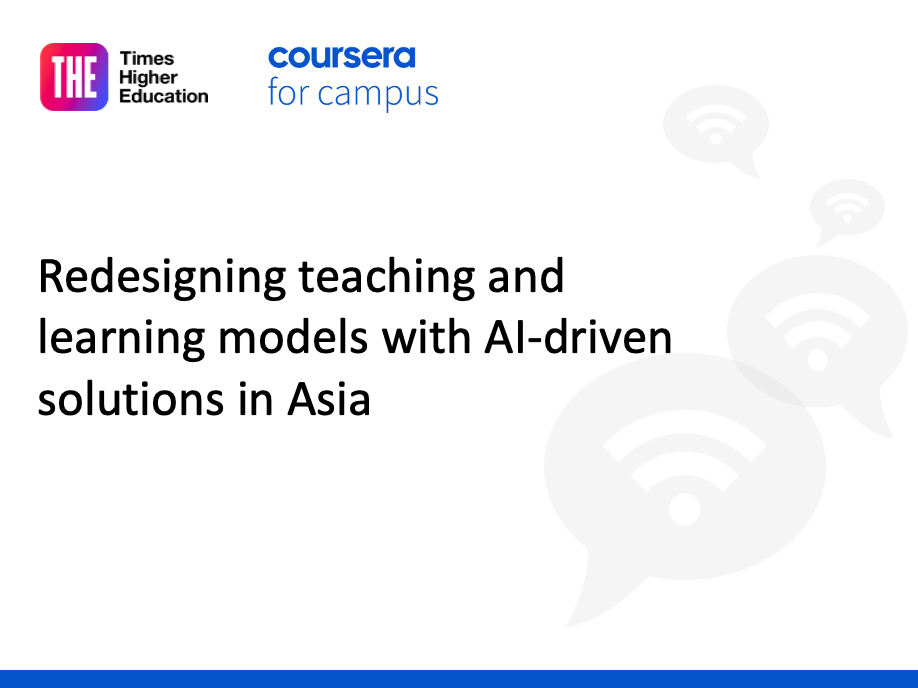
Future-proof software engineering students for an AI-dominated world
In today’s software engineering landscape, where technology is progressing at an unprecedented pace, educational institutions must focus on preparing students for the challenges they will face in the workplace.
My software engineering students will soon be entering a field reshaped by generative AI, cloud computing and a host of other new tools and technologies.
- These AI tools can help prepare future programmers for the workplace
- The two key steps to promoting responsible use of LLMs
- A four-step process to embedding AI literacy in business courses
These advancements promise to make software development more exciting and efficient, but they also pose significant ethical and technical challenges.
As a result, my approach to teaching software engineering has evolved to address three key areas:
- Equipping students to use AI effectively as an assistive technology
- Instilling ethical and professional practices to their work
- Fostering direct interaction between students and industry professionals
The demands of teaching software engineering today extend far beyond simply teaching coding or design patterns. As the role of generative AI continues to expand, students need to understand how it can be used as a powerful tool, while recognising its limitations.
Many students are now entering the classroom with an expectation that AI can solve all of their programming problems, or serve as a shortcut to navigating complex coding challenges.
However, as I emphasise in my classes, relying too heavily on AI tools without understanding the underlying processes can lead to very real-world problems, particularly in cases where AI produces errors, introduces vulnerabilities or fails to meet up to project specifications.
Generative AI is still very much an assistive technology with transformative potential, and it should be used with caution and competence.
The critical skills that students need in this area, such as debugging, troubleshooting and understanding system requirements, cannot be outsourced to AI.
My teaching focuses on helping students develop these skills independently, while also introducing generative AI as a complement to their work, rather than a replacement. For example, students are encouraged to use AI for tasks like code suggestions or documentation generation, but they are also required to review and refine the AI’s output to ensure accuracy and relevance.
Integrating industry into the classroom
One of the most effective ways to prepare students for the realities of software engineering is to bring industry insights directly into the classroom.
Most recently, we have partnered with multinational industry professionals to create project-based learning experiences that mirror real-world challenges.
Class projects were guided by software architects and IT experts, who mentor the students at every stage, from design through to implementation and testing. This hands-on experience is invaluable, especially for Gen Z students, who are adept with technology but don’t necessarily understand the complexities of the software development lifecycle.
By working alongside these industry mentors, students gain practical insights that textbooks cannot provide. They learn to work under certain constraints, receive constructive feedback and witness the direct application of software engineering principles in a professional context.
Students were tasked with developing solutions for real-world challenges, such as creating a system to help companies screen CVs and identify profiles to match their needs, while others worked on providing insights into electricity consumption based on energy bills.
In other projects, students focused on improving the university library’s management of book reservations. These projects were guided by industry experts familiar with the technical requirements and available Application Programming Interfaces, enabling students to integrate and use these resources to deliver effective solutions for end users.
This experience gave students the necessary technical skills, along with a genuine understanding of how to translate user needs into functional software.
The ethical and professional use of AI
Another important aspect of my teaching approach has been to emphasise the ethical and professional use of generative AI.
While AI can undoubtedly enhance productivity, it also introduces various risks, like the misuse of code, unexpected security vulnerabilities or even intellectual property issues.
Many organisations impose strict regulations on the use of AI due to these concerns and students should be prepared to navigate such regulatory environments.
To address these issues, our curriculum includes discussions on the ethical implications of generative AI in software engineering. We explore case studies where AI has been used responsibly, as well as instances of misuse and accompanying problems.
As well as learning about the technical aspects of AI, students also explore the importance of transparency, data security and accountability. By discussing these issues in the classroom, I hope to instil a professional standard that students will carry with them into their careers.
We make students aware of industry-specific regulations governing AI usage. In fields such as healthcare and finance, for example, the improper use of AI can have serious consequences.
By understanding these regulations early on, students are better prepared to make responsible choices and question AI outputs that may otherwise be biased or inaccurate. This balanced approach to AI use is essential in preparing students to work in an industry where ethical considerations are increasingly integral to technical proficiency.
The value of working with industry professionals
Direct interaction with industry is a cornerstone of our approach at Al Akhawayn University. For Gen Z students, who may be comfortable with technology but lack experience in professional settings, this exposure has proved to be invaluable.
Working with industry mentors allows students to receive feedback that they can leverage as they begin their careers.
For industry professionals, the collaboration offers a unique opportunity to shape the next generation of software engineers. Many of the experts we work with in Morocco say that they gain as much from these exchanges as the students do. For them, it’s a connection to emerging academic perspectives, providing a sharp glimpse into how the upcoming workforce thinks about technology.
This also enables professionals to directly contribute to and help shape the development of their future employees, who are then better prepared to meet industry expectations.
Future-proofing Gen Z engineers
As the influence of AI continues to grow, our responsibility as educators is to equip students with both technical skills and a solid understanding of ethical considerations and industry expectations.
The software engineering field will continue to be shaped by generative AI, but it will also always need engineers who can understand and address complex challenges independently. We’re successfully fostering this balance by integrating industry experts and ethical discussions into the curriculum.
Houda Chakiri is assistant professor of computer science at Al-Akhawayn University.
If you’d like advice and insight from academics and university staff delivered direct to your inbox each week, sign up for the Campus newsletter.




